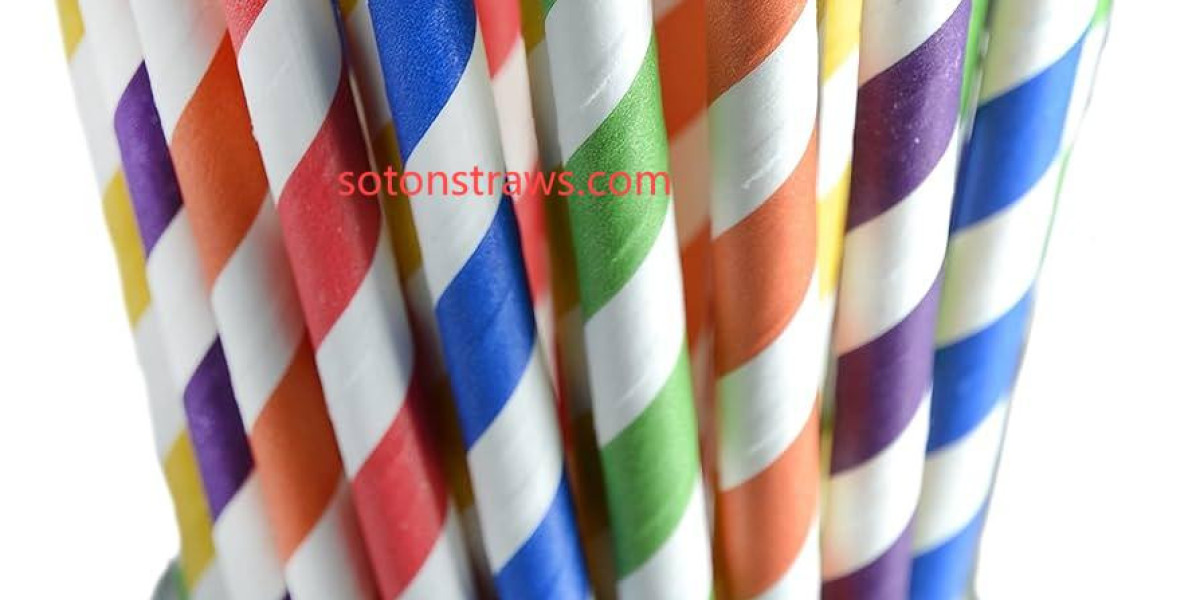The global sustainability movement has unearthed an unexpected hero in wetlands ecology—reed grasses once dismissed as aquatic weeds now anchor a manufacturing renaissance. At the forefront of this transformation, Eco Friendly Reusable Reed Straws Factory operations are proving that industrial progress need not come at nature’s expense. These facilities exemplify how circular economies can emerge from overlooked ecosystems, turning fragile wetlands into engines of green innovation.
Policy tailwinds and ecological urgency converge to fuel this shift. China’s Two Mountains philosophy—prioritizing ecological assets as invaluable as gold and silver—has catalyzed investments in reed-based industries across lake regions like Wuliangsuhai . Once problematic reed thickets that degraded water quality through seasonal decay now undergo systematic harvesting, with 80% of collected biomass diverted to straw production lines. This symbiotic relationship between wetland conservation and manufacturing prevents 240,000 tons of carbon emissions annually by avoiding methane release from decomposing plants .
Material innovation thrives where tradition meets technology. Reed straws’ natural hollow structure eliminates energy-intensive processing—a stark contrast to PLA bioplastics requiring corn starch fermentation . Advanced curing techniques adapted from Japanese washi paper production enhance durability, allowing reusable reed straws to withstand 100+ washes without structural compromise. Coastal factories in Shandong Province leverage solar drying fields and algae-based coatings to achieve FDA compliance while preserving the reeds’ organic integrity .
The socioeconomic ripple effects redefine rural development. Villages surrounding Eco Friendly Reusable Reed Straws Factory clusters report 35% income growth through seasonal reed harvesting contracts. In Mongolia’s Wuliangsuhai basin, former fishermen now operate aquatic biomass cooperatives, their livelihoods intertwined with wetland restoration metrics . Educational initiatives funded by straw exporters have elevated regional literacy rates by 18%, proving environmental industries can drive holistic community advancement.
Global markets increasingly reward this ecological pragmatism. European hospitality chains adopting reed straws report 27% higher customer satisfaction scores, attributing gains to the tactile authenticity of natural materials. Meanwhile, carbon credit programs enable factories to offset 40% of operational emissions through verified wetland conservation, creating a self-reinforcing cycle of ecological and economic gain .
click sotonstraws.com to reading more information







